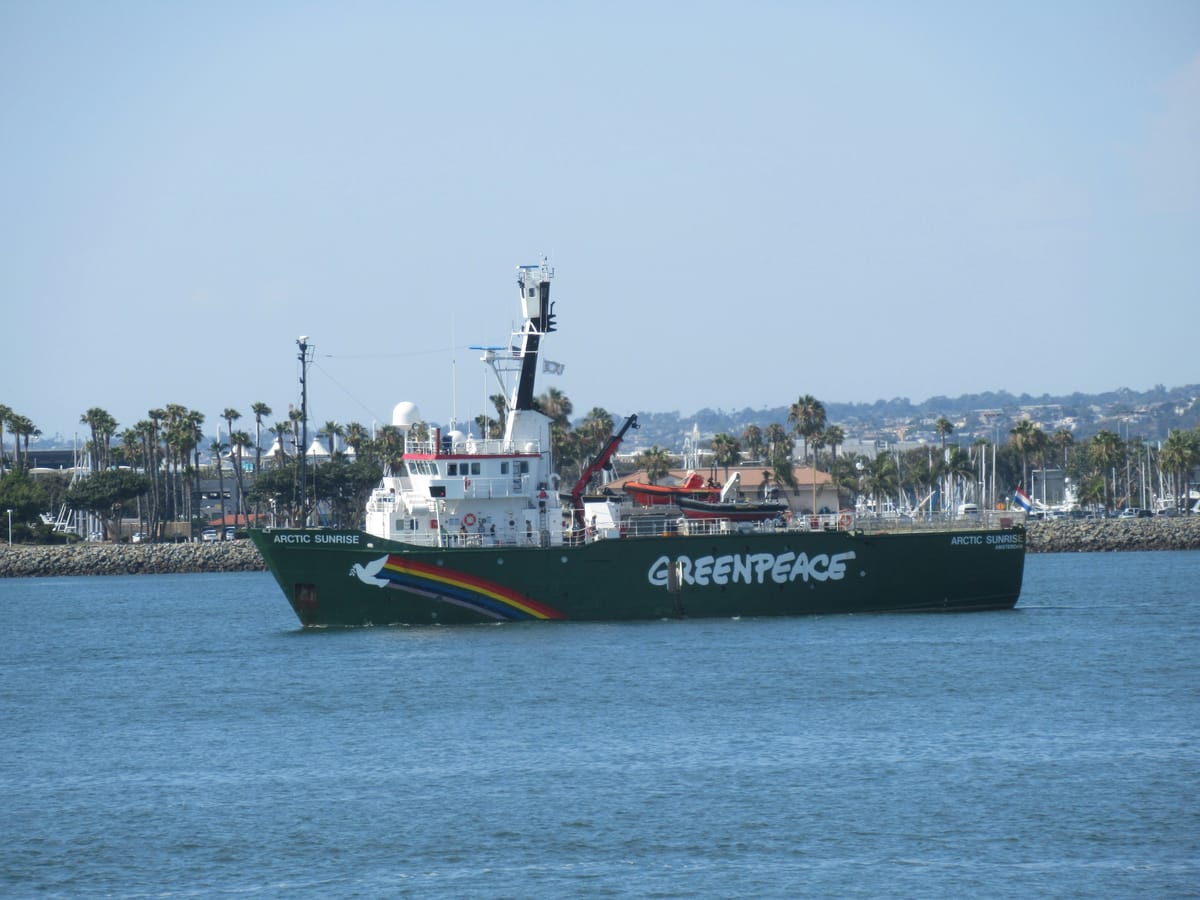Jury Rules Against Greenpeace in Dakota Access Pipeline Trial

MANDAN, N.D. — A North Dakota jury has ruled in favor of Energy Transfer, ordering environmental group Greenpeace to pay more than $660 million in damages over its involvement in protests against the Dakota Access Pipeline.
The verdict, reached by a nine-member jury in Morton County, found Greenpeace liable for defamation and interfering with Energy Transfer’s business. However, the jury did not find the organization responsible for property damage or illegal trespassing during the protests.
A Major Victory for Energy Transfer
Energy Transfer, the Dallas-based company behind the pipeline, accused Greenpeace of organizing, funding, and promoting opposition to the project. The company claimed Greenpeace’s actions led to costly delays and financial harm.
In a statement, Energy Transfer called the ruling a victory for Americans who "understand the difference between the right to free speech and breaking the law.” According to a spokesperson for the company, the lawsuit was never meant to foreclosure the rights of American to protest. Its purpose was simply to hold "Greenpeace accountable for its actions against us."
The Dakota Access Pipeline, which began transporting oil in mid-2017, has been the subject of years of legal battles and environmental concerns, particularly from the Standing Rock Sioux Tribe.
Greenpeace Responds, Plans to Appeal
Greenpeace has called the case a SLAPP (Strategic Lawsuit Against Public Participation)—a legal strategy used to burden advocacy groups with costly litigation.
“This case was not about the money,” said Sushma Raman, interim executive director of Greenpeace USA. “It was about sending a message to Greenpeace and other organizations that if you challenge us you will be punished."
Greenpeace officials say they plan to appeal the ruling to the North Dakota Supreme Court, arguing that the case was politically motivated and designed to intimidate activists.
“The fight against Big Oil is not over today,” said Greenpeace International General Counsel Kristin Casper. “We know that the law and the truth are on our side.”
Concerns Over Free Speech and Activism
Legal experts and civil rights groups warn that the ruling could have broader implications for environmental activism and public protest. "We know that big oil firms have influenced the global political landscape for decades," explains Ana Caistor Arendar. "Now it appears they're using the judicial space as a means of tamping down dissent."
The trial was closed to public livestreaming, and critics say Greenpeace was not allowed to present a full defense. Independent monitors described the trial as flawed and warned that it set a dangerous precedent for corporate influence over the legal system.
What’s Next?
Greenpeace has also filed a countersuit against Energy Transfer in the Netherlands, citing European anti-SLAPP laws. The case is expected to go to trial in July.
Meanwhile, the Standing Rock Sioux Tribe continues its own legal battle against the U.S. Army Corps of Engineers, arguing that the pipeline is operating illegally without proper environmental reviews.
